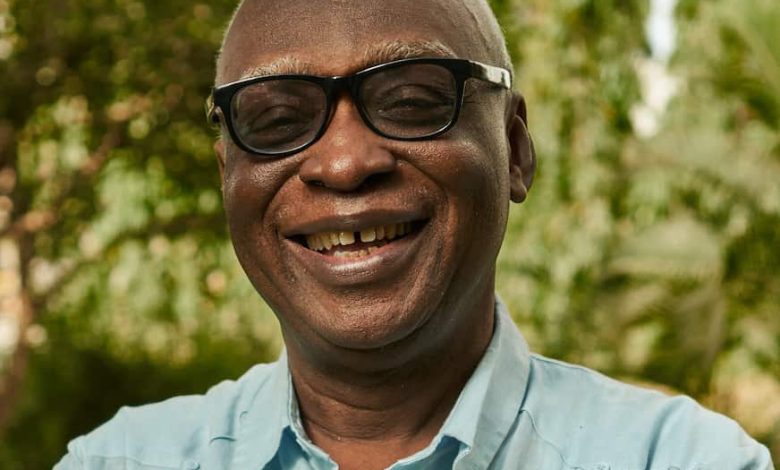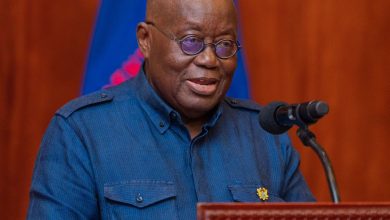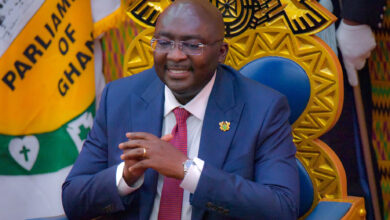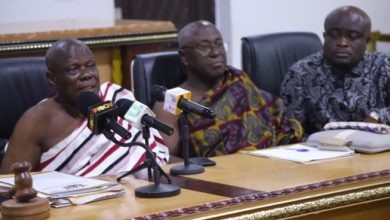Fui Tsikata on why he rejected national award for his ITLOS case role

Lawyer Fui Tsikata has reacted to media reports on his rejection of a national award for his role in the ITLOS case.
A presidential staffer, Charles Nii Teiko Tagoe, had disclosed that two members of Ghana’s legal team who helped secure Ghana’s western border and its oil deposits at the Special Chamber of the International Tribunal for the Law of the Sea (ITLOS) in 2017, declined national honours.
Lawyer Marietta Brew Apiah-Oppong, a former Attorney General and Lawyer Fui Tsikata declined the awards despite their significant contributions to helping Ghana win a maritime dispute with Cote d’Ivoire.
The two legal practitioners during the President John Mahama Administration led the process to institute the action at the International Tribunal of the Law of the Sea (ITLOS).
However, due to a change of government at the polls in January 2017, Attorney General and Minister of Justice, Gloria Akuffo and her then Deputy, Godfred Yeboah Dame (now Attorney General), picked up the case and secured Ghana’s victory in 2017.
Expressing his disappointment on Facebook, Mr Tagoe disclosed that both legal practitioners turned down the recognition, which was presented to various national icons at an event yesterday in Accra by President Nana Addo Dankwa Akufo-Addo.
According to him, Lawyer Marietta Brew Appiah-Oppong, a former Attorney General and Lawyer Fui Tsikata wrote to decline the awards when they were nominated for their efforts at the ITLOS in helping Ghana win a maritime dispute with Cote d’Ivoire.
Attached below is the reaction from Fui Tsikata
MEDIA STATEMENT ON ITLOS NATIONAL AWARDS
I understand that my decision to decline the offer of a national award is being interpreted as motivated by partisan political considerations.
In my letter of 2 November 2022 to the Solicitor-General, in response to hers informing me of the offer of an award, I explain that “I have long and deeply held convictions about not accepting recognition in the form of national honours.”
Those who know me will confirm these convictions as well as my inclination to avoid grand public gestures and the fuss around them.
If anything tarnishes the awards, it is not my rejection of the offer to me, but rather the unfortunate selectivity in deciding those involved in the maritime boundary litigation to whom awards would be given. It is impossible to understand the criteria which excluded the names of Nana Asafu-Adjaye, Thomas Manu, Ayaa Armah, Kojo Agbenor-Efunam, Nana Appia Kyei and Nii Adzei Akpor. Even Professor Martin Tsamenyi is left out.
It was his work that led to the creation of the Maritime Boundary Secretariat, which co-ordinated the litigation.
He was an influential member of the team till he fell ill. Nor is it clear why Kwame Mfodwo, the Co-ordinator of the Maritime Boundary Secretariat and Nana Poku, the indefatigable cartographer of the team, were only deserving of “Certificates”, in an evidently belated attempt to offer them some acknowledgement.
I prefer to celebrate the collective effort of the team and the leadership that promoted collaboration and stifled disruptive elements. The unforgettable images of Marietta Brew Appiah-Opong handing over to Gloria Akuffo symbolise that and remain indelible.





